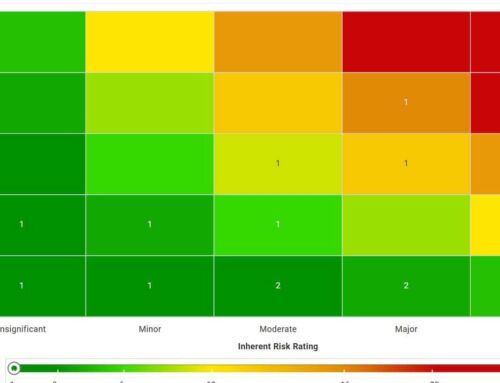Future-Proofing Encryption: The Race Against Quantum Computing Advances
Think your encrypted data is safe now? Perhaps. But quantum computing (QC) is on the horizon and could render your current encryption obsolete.
What is Quantum Computing?
Technically speaking, quantum computing is an advanced computing paradigm that leverages the principles of quantum mechanics to perform certain calculations exponentially faster than standard computers.
Quantum computing enables amazing use cases with AI, bio research, physics, and more. It has the potential to solve any number of problems. The expansive power of QC may bring us incredible understanding of our universe or help us to diagnose and cure complex diseases around the globe. As the world’s population explodes, estimated to increase around 25% to almost 10 billion by 2050 (UN), QC analysis could also contribute to solutions to the growing strain on global food and energy supply.
However, it brings its own challenges along for the ride. Quantum computers use quantum bits, or qubits, not just finite 1s and 0s like traditional technology. This gives quantum computers exponentially more power than traditional computing technology.

Quantum computing remains nascent, but progress continues. Quantum devices are available now but are hard to manufacture and very expensive. It’s hard to say when it will come to the general market at an efficient price, but preparation is key.
Quantum Computing and Its Impact on Encryption Technology
Although QC has incredible promise, it also presents great risk to our technological security. Using traditional computing technology on 256-bit encryption, it would take millions of years to crack. In theory, quantum technology could crack this in minutes. Some estimate quantum computing having this type of ability within the next decade!
In preparation for such a breakthrough with quantum computing, the National Institute of Standards & Technology (NIST) has developed a set of three post-quantum cryptographic (PQC) standards designed to withstand the force quantum computing can bring to bear on traditional encryption standards (FIPS 203, 204, and 205). NIST has been working on these standards for eight years.
Released on August 13, 2024, NIST encourages adoption of the new standards as soon as practicable because integration will be a long-term project.
Want to read more about post-quantum cryptography? Learn the latest from NIST about their efforts to standardize PQC algorithms.
About the author






